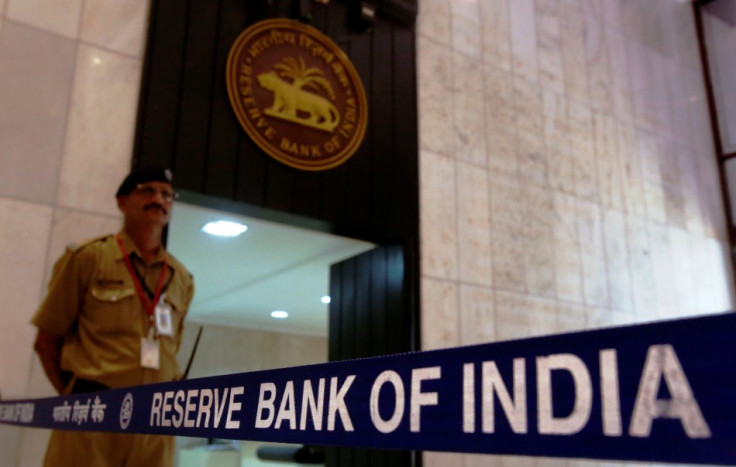India's Central Bank Keeps Rates On Hold as It Lowers Growth Forecast

India's central bank has left its policy rate unchanged as it supports a weak rupee.
The Reserve Bank of India added that recent increases in short-term borrowing costs would be rolled back in a 'measured way' when the currency stabilises.
As expected, the central bank left its policy repo rate at 7.25%. It kept bank's cash reserve ratio at a record low of 4%.
It also cut its growth forecast for Asia's third-largest economy, to 5.5% for the ongoing financial year, from 5.7% previously, citing a lower global demand for Indian goods and services as the reason for the downward revision.
The rupee, which has been in freefall since April, resumed its decline on Tuesday ending the month at levels of around 60 to a US dollar.
Market participants are worried that the central bank could be fighting a losing battle as it tries to stem the currency's fall without a rate increase or a further tightening of liquidity.
The last policy statement by RBI Governor Duvvuri Subbarao, unless his tenure is extended, repeated a call on the government to take urgent steps to bring down the current account deficit (CAD) to 'sustainable levels'
An unrelenting shortfall in the trade account pushed up India's CAD to 4.8% of GDP, almost twice the perceived comfort level, in the previous financial year.
India will announce measures to help narrow the CAD in the coming weeks and is exploring ways to attract more foreign investments, Chief Economic Adviser Raghuram Rajan said at a news briefing that followed the RBI rate decision.
"The recent liquidity tightening measures by the Reserve Bank are aimed at checking undue volatility in the foreign exchange market and will be rolled back in a calibrated manner as stability is restored to the foreign exchange market, enabling monetary policy to revert to supporting growth with continuing vigil on inflation," Governor Subbarao said in a statement in Mumbai.
He added that India has had to "forfeit some monetary policy discretion to address external sector concerns."
India's headline inflation accelerated to a three-month high in June on the back of higher food prices. An unexpected drop in factory output, a weaker rupee, lower exports and higher inflation have all contributed to the central bank's decision to maintain policy interest rates.
India desperately needs foreign investments to revive growth and support the currency. The government has eased restrictions on foreign investment in a number of sectors but reforms faces obstacles from red tap, and the uncertainty the surrounds the outcome of general elections due in May, 2014.
Earlier this month, the world's top steelmaker ArcelorMittal and Posco shelved plans to build two steel plants citing long-draw-out land disputes and permit delays as reasons for pulling out.
© Copyright IBTimes 2025. All rights reserved.






















